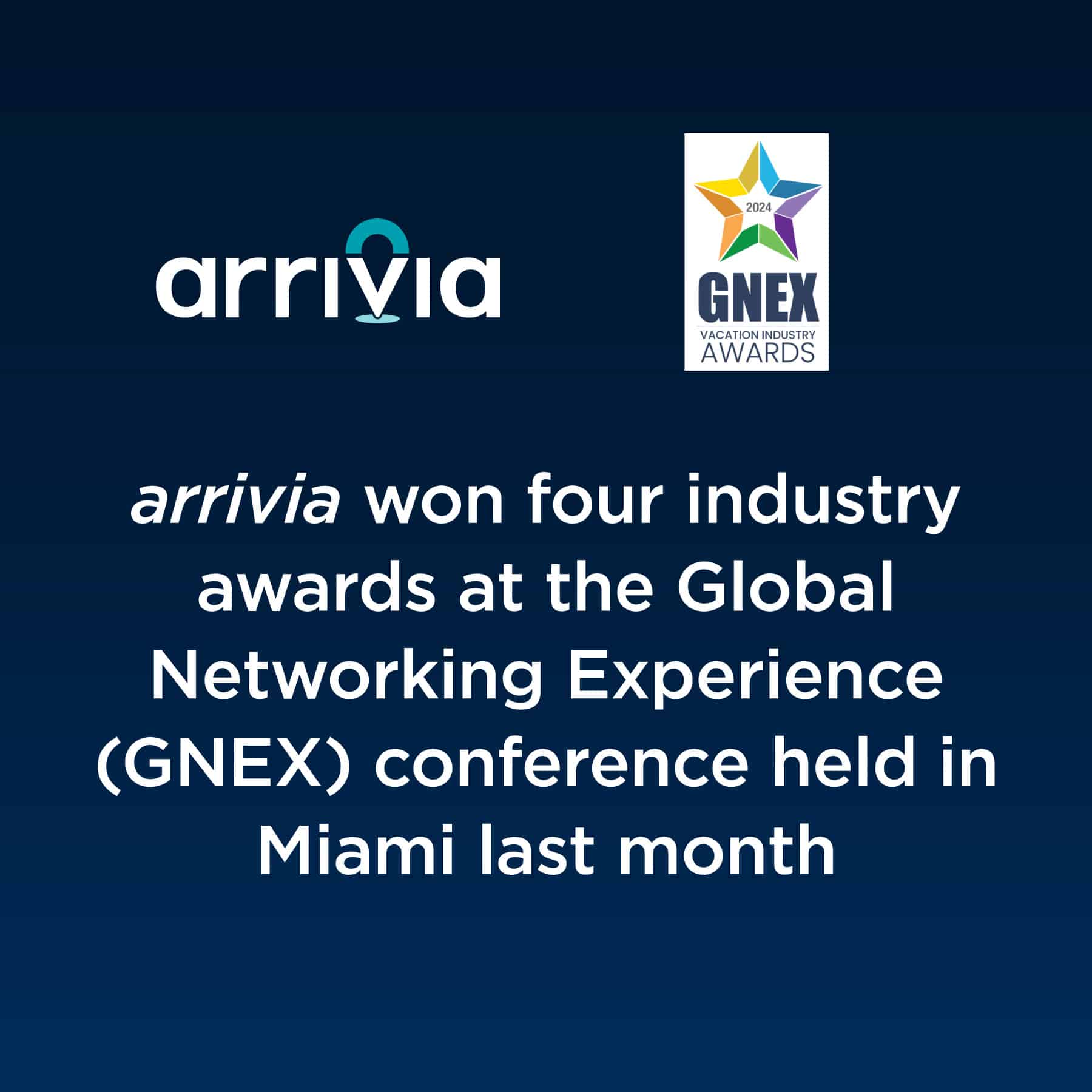How to attract and retain employees with unique benefits that inspire and reward
Businesses in the United States and worldwide are scrambling to attract and retain employees as they face historic pandemic-related labor shortages. Many have increased wages to incentivize their workforce. On paper, that’s a good thing, but with inflation rising 6.2% in the past year, those gains are mainly being canceled out by the higher cost of living.
Then there is the fact that the pandemic has upended people’s attitudes towards work. They’re no longer willing to sacrifice work-life balance for a paycheck, resulting in “The Great Resignation.” This quit rate hit a record high of 3%—or about 4.4 million people—in the United States in September 2021. Ignoring the labor shortage for a moment, that’s a problem because turnover can cost up to 2.5 times an employee’s salary.
But keeping employees engaged and on payroll is crucial to any business’s success. Strong company values and culture, better wages, more flexibility, and clear advancement opportunities are just part of that equation. Companies must also offer unique benefits that contribute to employees’ quality of life to stand out from other potential employers. Consider Google: It famously provides its employees a slew of benefits, from free meals to subsidized massages. Its retention rate is 80% — one of the highest compared to similarly-sized companies.
With in-office perks mainly on the backburner due to the pandemic and the growing trend toward hybrid working, where some staff can work at least part of the time remotely, even the most forward-thinking companies are re-thinking their benefits strategies.
Loyalty rewards: Not just for customers
Companies invest heavily in acquiring and retaining new customers. Their customer loyalty programs are significant drivers of growth and revenues. But they often forget to pay the same attention to talent acquisition and retention. If employees are a company’s most valuable asset, why aren’t they treating them as clients?
At a time when employee burnout is rising due in part to pandemic-related stress, it’s more important than ever for individuals to take full advantage of their paid time off. Employers can show their staff that they care by enabling and encouraging them to unplug properly.
They can do this by offering employees travel rewards and benefits they won’t find elsewhere like discounts on flights, cruises, luxury lodgings and vacation packages. Modern loyalty and reward platforms break down the barriers that keep businesses from giving their employees the VIP experience by providing turnkey solutions that allow them to easily create branded travel clubs. Instead of an employee using an online travel agency to book their getaway, they log in to the company’s travel club and book directly from within the platform. Companies can leverage their closed user group (aka their employees) to negotiate exclusive deals on travel with providers who might not want to make these deals available to the public, thereby solidifying the travel club’s value proposition.
Employers can also use this type of platform to keep employees engaged long-term by recognizing and rewarding their efforts. For example, they can add reward credits at no cost to employee membership accounts when they hit certain milestones and achievements at work. Over time, those credits add up and become valuable tools that contribute to their overall compensation. Companies can also reward employees with fully funded certificates for perks such as staycations, flight vouchers for travel or discounts on car rentals, cruise or even dream getaway packages.
Rewards that work
There are countless ways to run your travel club. Let’s say you are a large hospital in New York. We know that the pandemic has been particularly hard on doctors, nurses, and support staff. You could set up a travel club through a loyalty platform and automatically give each employee a set number of credits or points equivalent to a five-night stay at a resort in Hawaii to say, ‘thank you.’ Then, once they log in to the platform and choose where they would like to go, the platform can automatically suggest flight deals that match their destination. You could also configure your travel club to award points for employees or workers to use their purchases for future travel plans.
Implementing employee loyalty and reward platforms can be introduced at little to no cost for either business or worker. Often, a provider will include a free one-year subscription so that companies can put the idea to the test. But there are other low-investment, high-impact ways to implement this type of program:
•Small annual subscription fee facilitated through payroll deduction or directly to the service provider
•Reward credits where members earn credits from every purchase to pay the yearly subscription fee
•Credit for new-hire referrals
•Revenue share programs for employers based on net rate margins
With the current economics of acquiring and retaining employees affecting the bottom line, it’s not surprising that companies are looking for clever and effective ways to add more work-life balance benefit options to their value proposition.
An employee loyalty and rewards platform that utilizes travel benefits can be a great way to create that added value. Find out what your employees feel they are currently missing in terms of benefits, what’s important to them outside of work, and how you stack up against your competitors. Then do your homework to find a partner that can deliver the most relevant reward inventory and the right expertise to ensure your employee retention strategy is a winning one.
Want to learn more about the benefits of travel rewards for your organization? Download our use case here.





